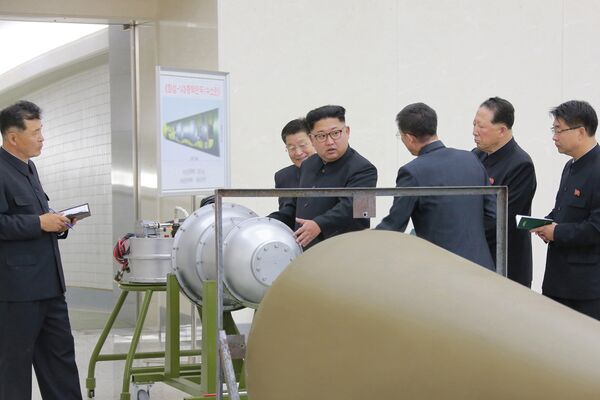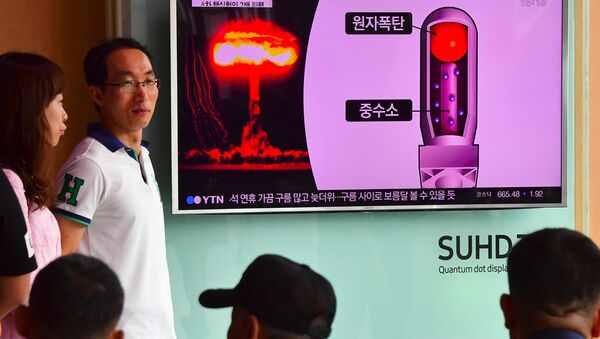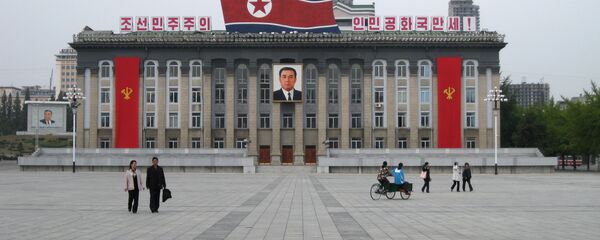Sputnik: Why do the US and the international community so vehemently oppose North Korea's wish to have nuclear weapons? The United States alone has 6,800 warheads, Pakistan and India posses nuclear weapons, and they're not even signatories to the non-proliferation treaty; Israel, a very close ally of the United States, is also said to have nuclear weapons; why then is Washington so preoccupied with the North's nuclear program?
Joseph Cheng: The United States is still very, very concerned with the issue of nuclear proliferation and its basic position is still against any proliferation. With regard to North Korea, the special concern, of course, is that if North Korea develops nuclear weapons this may well provoke South Korea and maybe Japan, and perhaps even Taiwan to develop their own nuclear weapons. We also know that Japan earlier had plans to develop nuclear weapons, and South Korea and Taiwan also had made such attempts many years ago, but they were, of course, forcibly stopped by the United States. So given the strategic situation of North Korea, the real concern, of course, is that the allies of the United States may well be forced to develop their own nuclear weapons.
This will much weaken American control over Japan and South Korea, which are very, very dependent on the United States for its nuclear umbrella protection. To some extent, one can say that even Russia and China share this concern of nuclear proliferation in general and in the Korean peninsula, because for example, if Iran develops nuclear weapons then Saudi Arabia will do so, and other Gulf states will be tempted to do so. So to a considerable extent, even China and Russia share this concern of nuclear proliferation, including that on the Korean peninsula.

Sputnik: There have been various estimates of North Korea's nuclear program, some experts say Pyongyang's missiles are capable of reaching the US mainland, while some say the danger of North Korea's nuclear program is over-estimated; what's your opinion on the matter?
For more information listen to this edition of Weekend Special with Joseph Cheng.
The views and opinions expressed in this article are those of the columnist and do not necessarily reflect those of Sputnik.




